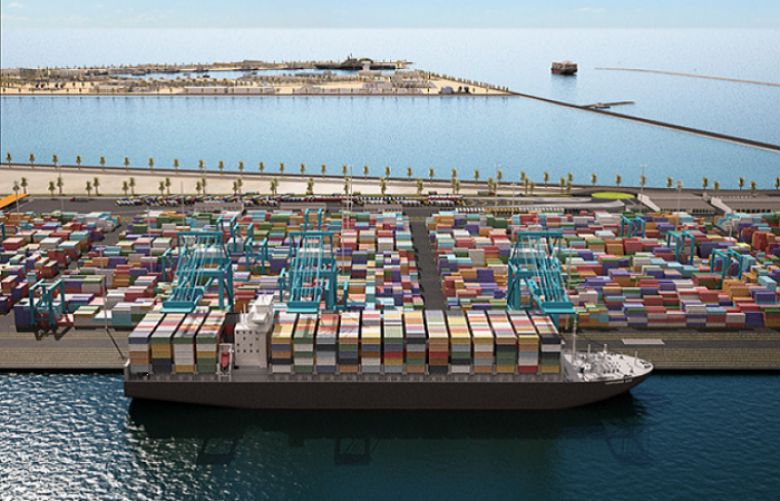Iran has rallied to Qatar’s aid, offering the Gulf state the use of three of its ports to import supplies as its Arab neighbours seek to isolate the emirate. Sheikh Mohammed bin Abdulrahman al-Thani, Qatar’s foreign minister, said Doha would be able to import all the goods it needed. He described the de facto blockade imposed on Qatar by Saudi Arabia, Egypt, the United Arab Emirates and Bahrain as “collective punishment”.
“We have been isolated because we are successful and progressive. We are a platform for peace not terrorism,” Sheikh Mohammed told reporters.
Riyadh and its allies on Monday announced their move to isolate Qatar, accusing the Gulf state of supporting terrorist groups and being too close to Iran, Saudi Arabia’s regional rival.
Iran’s offer underlines how the dispute is taking on regional dynamics. Turkey on Wednesday threw its weight behind Doha, fast-tracking plans to deploy extra Turkish troops to Qatar, potentially putting Ankara on a collision course with Riyadh.
Qatar, which hosts the US’s main military base in the Middle East, admits that it supports Islamist groups, including the Muslim Brotherhood and Hamas, the Palestinian faction. But it denies it backs terrorism.
The small nation imports virtually all its goods, but Sheikh Mohammed said that only 16 per cent of food supplies come into Qatar via the countries that have imposed the de facto blockade.
“It’s replaceable and has been replaced in one day,” he said. “They [Qataris] can survive at the same standard forever,” he said.
But he decried the humanitarian cost of Qatar’s neighbours’ actions, which has meant that Saudis, Emiratis and Bahrainis have to leave Qatar in two weeks. Qataris also have the same amount of time to leave those nations.
“What is really hurting here is the families,” Sheikh Mohammed said. He cited the examples of a Qatari mother split from her son in the UAE and a Saudi mother forced to return home, leaving her sick children in Qatar.
“We have never seen these actions anywhere else, even between enemies,” he added.
He said Qatar would discuss accusations made against the country, but would not discuss shifting its foreign policy.
Donald Trump has called for talks to settle the worst diplomatic crisis in the Gulf for decades. After initially lending his backing to Saudi Arabia’s clampdown, the US president called Sheikh Tamim bin Hamad al-Thani, emir of Qatar, on Wednesday.
Mr Trump offered “to help the parties resolve their differences, including through a meeting at the White House if necessary”, according to a US statement released on Wednesday night.
The dispute pits important US allies against each other just as Mr Trump is seeking to forge an Arab alliance to counter Iran’s influence in the region.
Kuwait has been leading efforts to mediate between the rival parties.
Sheikh Sabah Al-Sabah, Kuwait’s emir, visited Doha on Wednesday as part of his shuttle diplomacy, but did not present a list of demands to Qatar, Sheikh Mohammed said.
Adel al-Jubeir, Saudi Arabia’s foreign minister, said Gulf states could settle the dispute themselves.
“We have not asked for mediation, we believe this issue can be dealt with among the states of the Gulf Cooperation Council,” he told a news conference with his German counterpart during a visit to Berlin broadcast on Saudi state television.
Omar Saif Ghabash, the UAE’s ambassador to Russia, told BBC radio on Thursday that Qatar had to choose between supporting extremism or its neighbours.
“We have all kinds of recordings taking place where they [Qatar] are co-ordinating with al-Qaeda in Syria,” he said. “Qatar needs to decide: do you want to be in the pocket of Turkey, Iran and Islamic extremists? They need to make a decision; they can’t have it both ways.”
The Financial Times Limited







